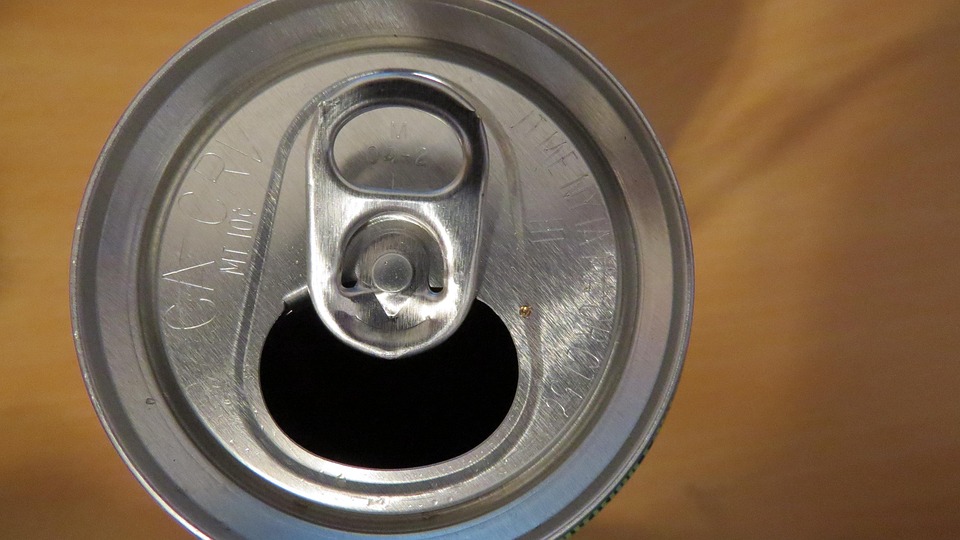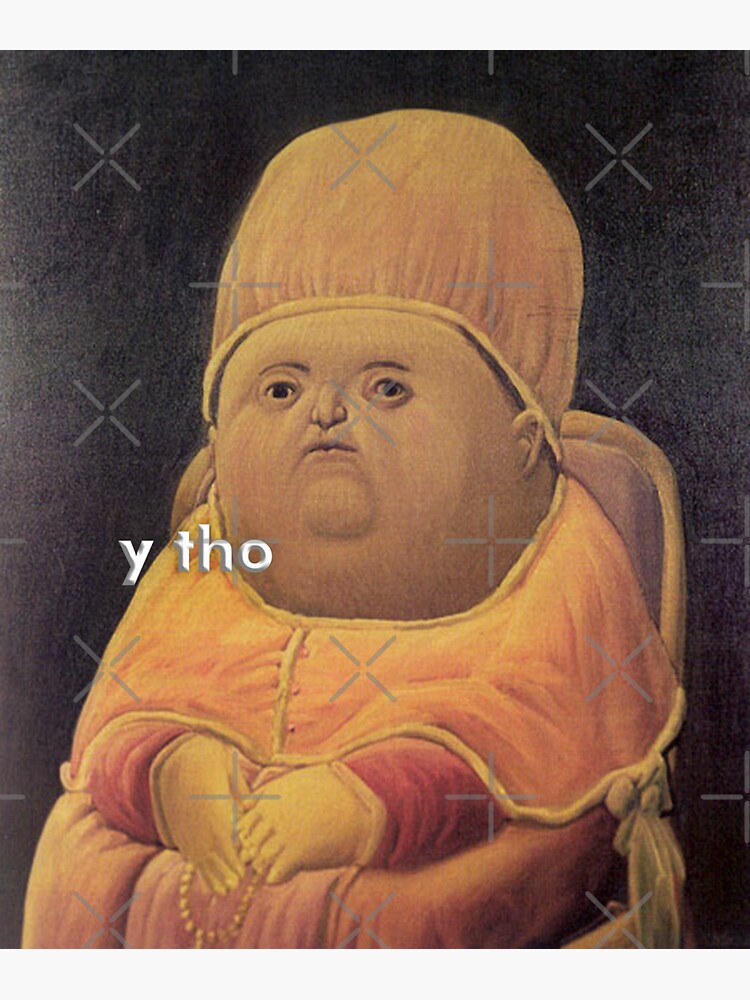Does Political Science Require Math: Complete Guide to Mathematical Requirements
Mathematical requirements in political science programs
Political science students frequently wonder about mathematical requirements in their field of study. The answer vary importantly depend on the specific program, concentration area, and career goals within political science.
Virtually undergraduate political science programs require minimal mathematics coursework. Students typically need to complete basic college algebra or statistics courses to fulfill general education requirements. Nevertheless, the mathematical demands increase considerably for students pursue advanced degrees or specialized concentrations.

Source: worksheetsplanet.com
Core mathematical skills in political science
Statistics form the foundation of mathematical knowledge in political science. Students learn descriptive statistics, probability theory, hypothesis testing, and regression analysis. These skills prove essential for analyze polling data, election results, and public opinion surveys.
Research methods courses introduce students to quantitative analysis techniques. Students learn to design surveys, conduct experiments, and interpret statistical findings. This mathematical foundation enable political scientists to evaluate research claims and conduct original investigations.
Data analysis software training accompany statistical education. Programs like SPSS, r, and state help students process large datasets and perform complex calculations. Master these tools require understand mathematical concepts and statistical procedures.
Subfield variations in mathematical requirements
American politics concentrations emphasize electoral analysis and public opinion research. Students analyze voting patterns, demographic trends, and campaign finance data. These activities require solid statistical skills and comfort with numerical analysis.
Comparative politics students examine cross national data and institutional variations. Mathematical skills help compare economic indicators, democratization measures, and policy outcomes across different countries. Quantitative comparative methods courses frequently require advanced statistical knowledge.

Source: samphina.com.ng
International relations progressively rely on formal modeling and game theory. Students learn mathematical approaches to conflict analysis, alliance formation, and trade relationships. Some programs require calculus or formal logic courses for international relations concentrations.
Political theory traditionally requires minimal mathematics. Nonetheless, contemporary political theory progressively incorporate formal modeling and rational choice approaches. Students may encounter mathematical concepts in courses on social choice theory and institutional design.
Graduate school mathematical expectations
Master’s programs typically require more extensive mathematical preparation. Students complete advanced statistics courses, research design seminars, and quantitative methods workshops. Many programs expect familiarity with calculus concepts and matrix algebra.
Doctoral programs demand substantial mathematical competency. Students oftentimes complete mathematics courses equivalent to undergraduate minors. Requirements may include multivariate calculus, linear algebra, and advanced statistical theory.
Comprehensive examinations often test mathematical knowledge. Students must demonstrate proficiency in statistical analysis, research methodology, and quantitative reasoning. Mathematical preparation importantly impact performance on these crucial assessments.
Dissertation research progressively incorporate quantitative analysis. Students analyze large datasets, conduct statistical tests, and present numerical findings. Strong mathematical skills enhance research quality and publication prospects.
Career applications of mathematical skills
Government positions oftentimes require analytical capabilities. Policy analysts use statistics to evaluate program effectiveness and forecast budget impacts. Legislative staff analyze polling data and demographic trends to inform decision-making.
Consulting firms value political scientists with quantitative skills. Market research companies, polling organizations, and strategic consulting firms seek employees comfortable with statistical analysis and data interpretation.
Academic careers progressively emphasize quantitative research. Faculty positions require ability to conduct statistical analysis, secure research funding, and publish in peer review journals. Mathematical competency enhance competitiveness in academic job markets.
Think tanks and research organizations employ political scientists for policy analysis. These positions require ability to analyze complex data, evaluate research studies, and communicate statistical findings to policymakers and media outlets.
Develop mathematical competency
Students can strengthen mathematical skills through strategic course selection. Take additional statistics courses, mathematics electives, and quantitative methods seminars build analytical capabilities beyond minimum requirements.
Summer programs offer intensive mathematical training. Organizations like the inter university consortium for political and social research provide workshops on statistical software, research methods, and data analysis techniques.
Online resources supplement formal coursework. Platforms like Coursera, EDX, and khan academy offer statistics courses, programming tutorials, and data science training specifically relevant to social science applications.
Research assistant positions provide practical experience. Work with faculty members on quantitative projects develop skills while contribute to academic research. These opportunities oftentimes lead to publication credits and strong recommendation letters.
Common mathematical concepts in political science
Correlation analysis helps identify relationships between political variables. Students learn to calculate correlation coefficients, interpret strength and direction of associations, and distinguish correlation from causation.
Regression analysis enable prediction and explanation of political phenomena. Multiple regression techniques allow researchers to control for confound variables and isolate specific effects of interest.
Probability theory underlie polling and election forecasting. Students learn to sample distributions, confidence intervals, and margin of error calculations essential for interpret survey results.
Game theory apply mathematical models to strategic interactions. Students analyze voting behavior, coalition formation, and international negotiations use mathematical frameworks.
Overcome mathematical anxiety
Many political science students experience mathematics anxiety. Recognize that mathematical skills develop gradually help reduce stress and improve learn outcomes. Start with basic concepts and build complexity over time prove more effective than attempt advanced techniques instantly.
Study groups provide peer support and collaborative learn opportunities. Work through statistical problems with classmates help clarify difficult concepts and build confidence in mathematical abilities.
Office hours and tutoring services offer additional assistance. Professors and teaching assistants can explain mathematical concepts in political science contexts, make abstract ideas more concrete and applicable.
Practice with real political data make mathematics more engaging. Analyze actual election results, opinion polls, and policy outcomes demonstrate practical relevance of mathematical skills in political science.
Technology and mathematical requirements
Statistical software reduce computational burden while maintain conceptual requirements. Students must understand underlying mathematical principles level when computers perform calculations. Software proficiency complements quite than replace mathematical knowledge.
Data visualization tools require understanding of statistical concepts. Create effective charts, graphs, and maps demand knowledge of appropriate statistical measures and presentation techniques.
Big data applications progressively influence political science research. Analyze social media data, campaign contributions, and legislative voting records require mathematical skills and computational thinking.
Prepare for mathematical challenges
High school students consider political science should complete four years of mathematics include statistics if available. Strong algebraic skills provide foundation for college level statistical coursework.
Community college courses offer affordable preparation options. Students can complete prerequisite mathematics courses before transfer to four year institutions, reduce academic pressure and costs.
Placement tests determine appropriate starting levels for college mathematics. Honest self assessment and remedial coursework when necessary prevent future academic difficulties.
Summer bridge programs help incoming students strengthen mathematical skills. Many universities offer intensive preparation courses before freshman year begin.
Political science combine analytical rigor with social science insights. Mathematical skills enhance quite than dominate the field, provide tools for systematic investigation of political phenomena. Students who develop quantitative competencies expand career opportunities and research capabilities while contribute to evidence base understanding of politics and government.
MORE FROM nicoupon.com













